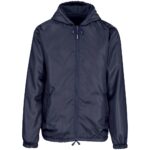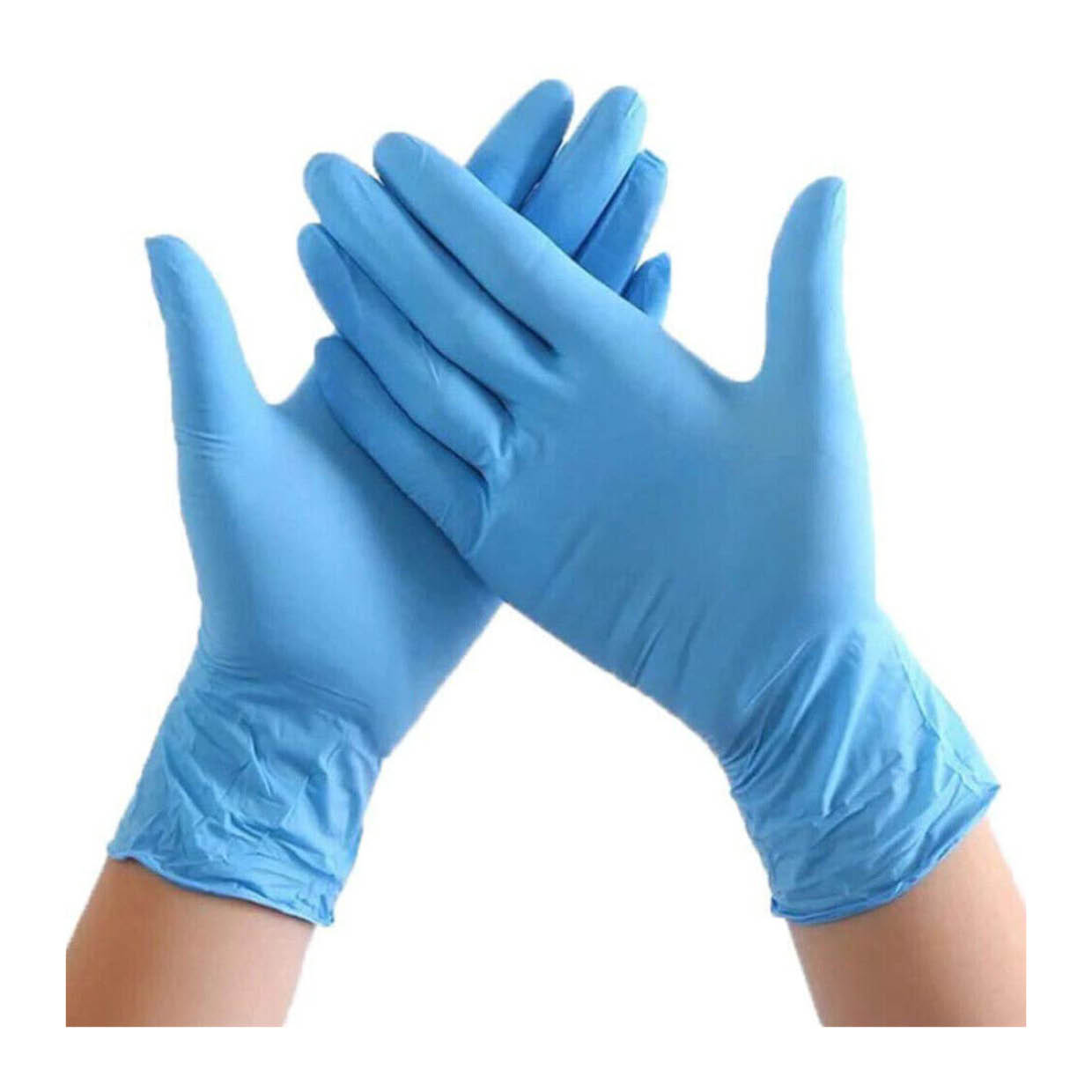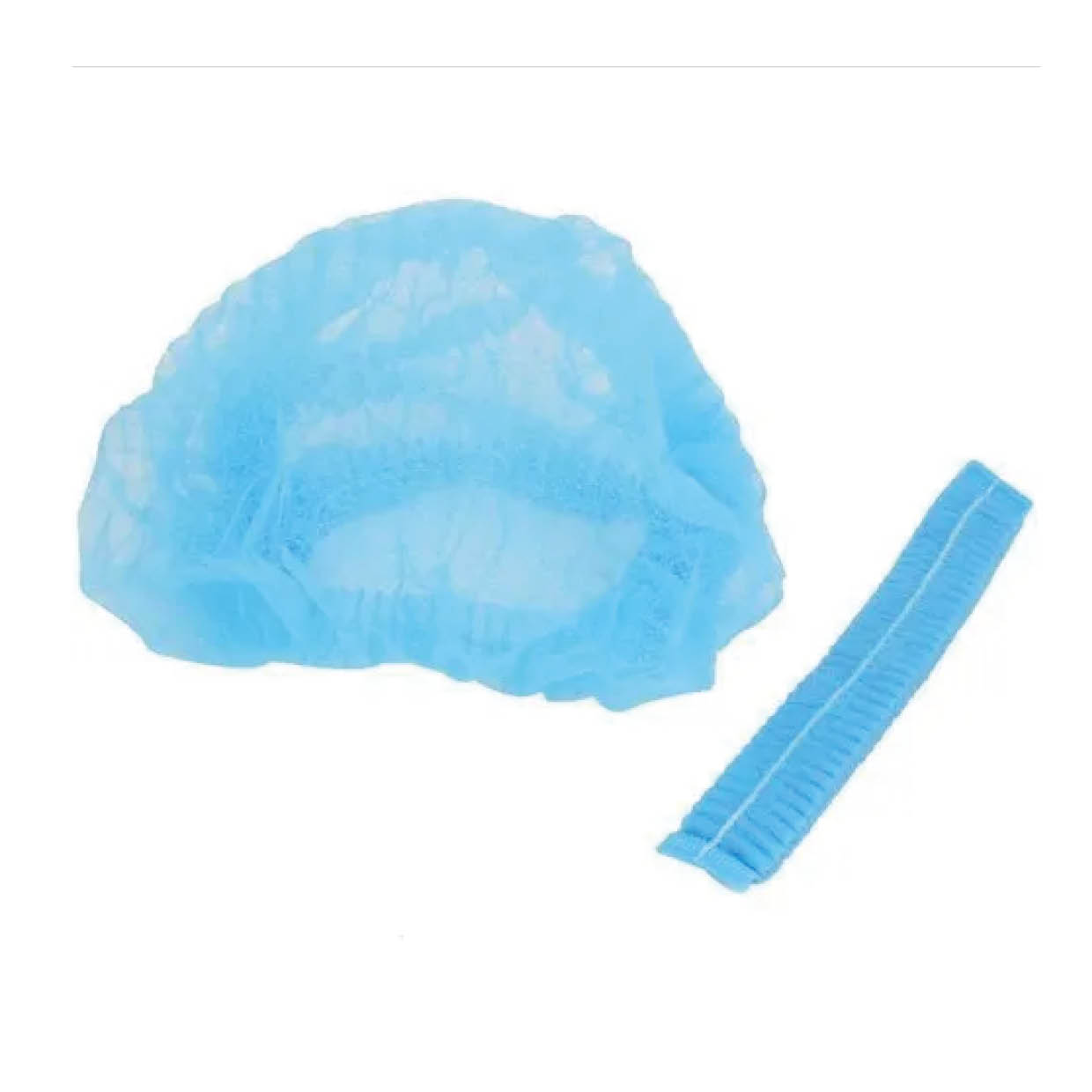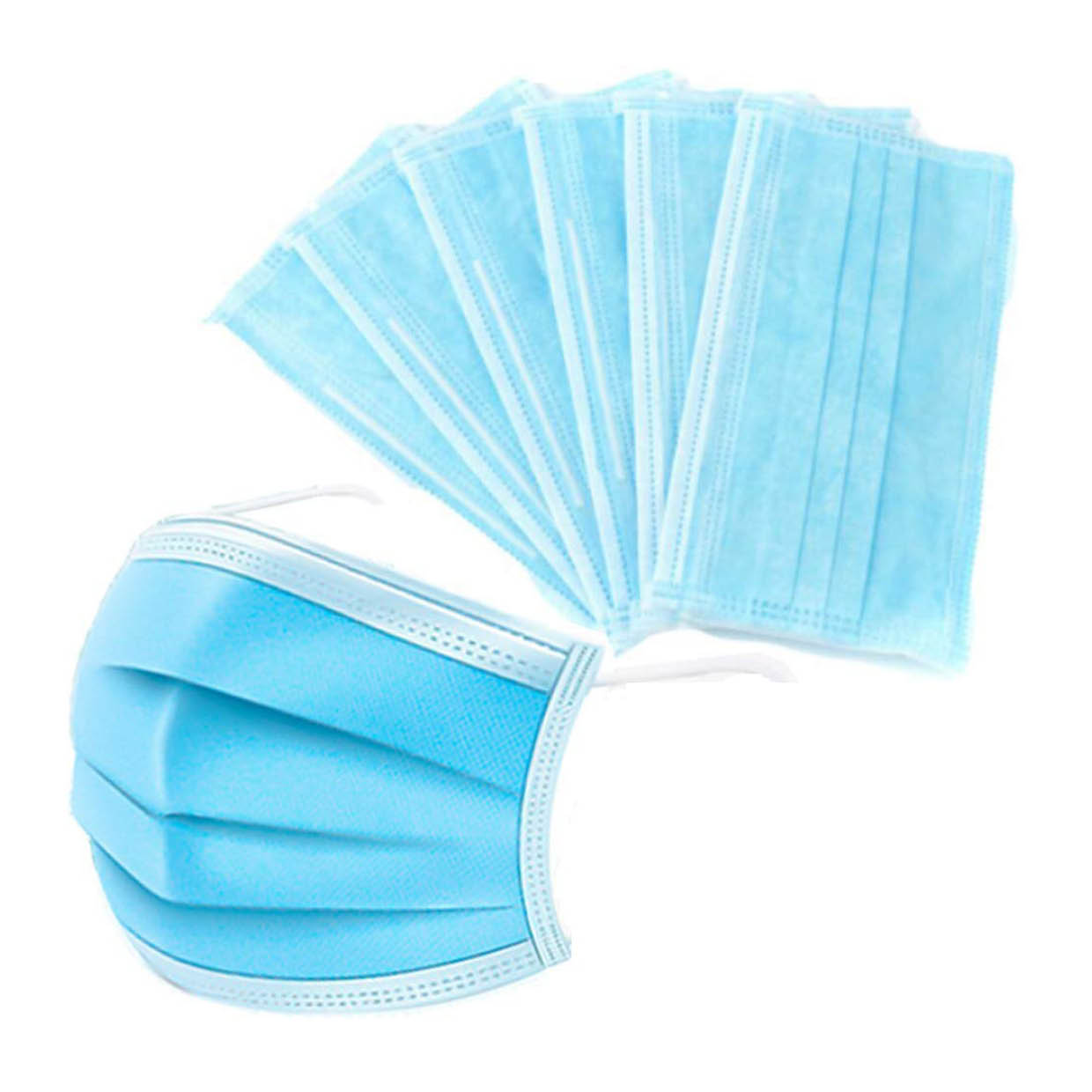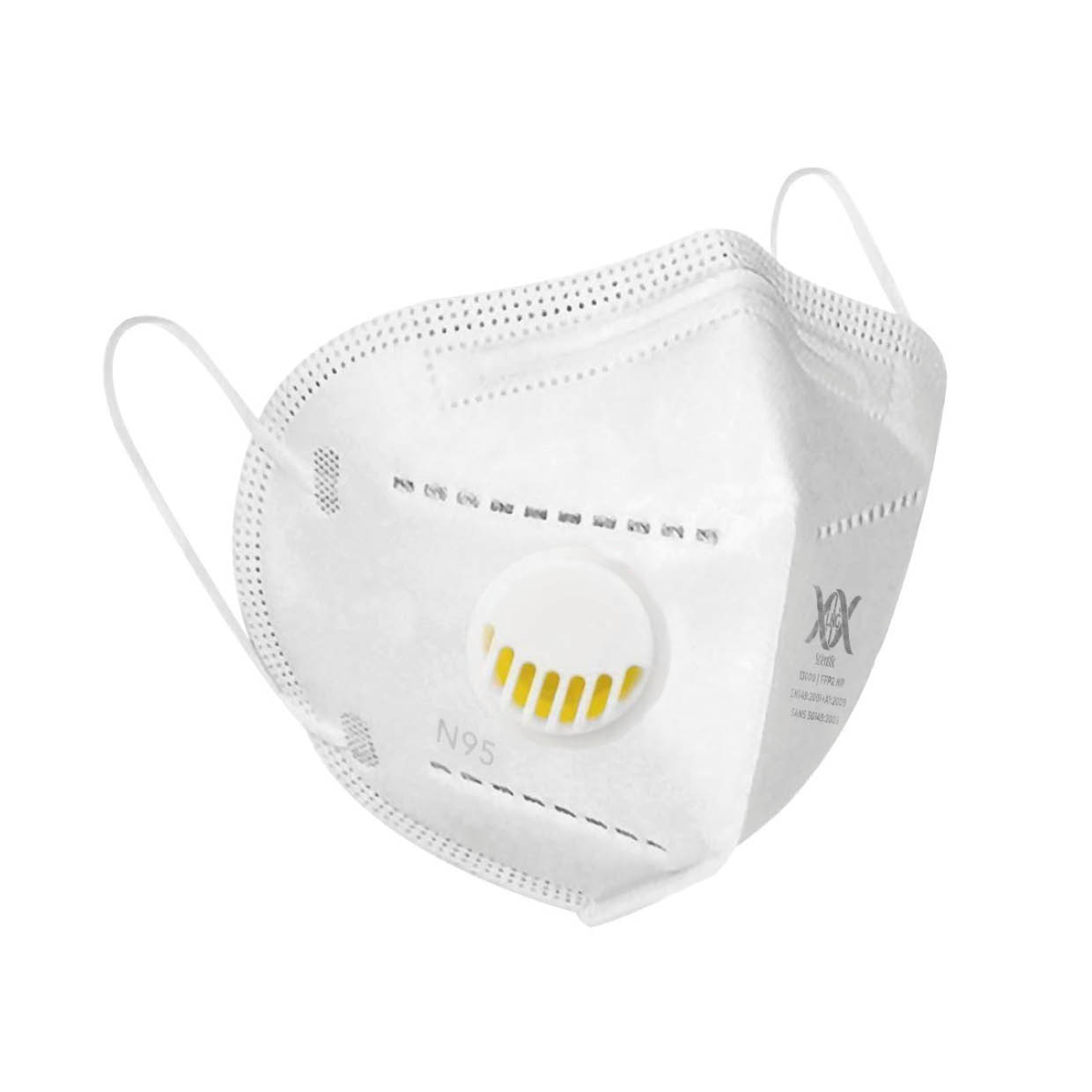In medical, laboratory, and industrial settings across Lusaka and Kitwe, choosing the right gloves is crucial for safety and performance. Our Nitrile Examination Gloves are a superior, latex-free alternative that provides exceptional protection and comfort. Unlike latex, nitrile does not contain natural rubber proteins, making these gloves a safe choice for both wearers and clients with latex allergies. They are also powder-free, which minimizes the risk of airborne contamination and irritation.
These nitrile gloves are engineered to resist a wide range of chemicals and pharmaceuticals, which makes them ideal for more than just medical use. Their superior resistance to petroleum-based solvents, oils, and greases also makes them an excellent choice for mechanics, janitorial staff, and salon professionals.
Despite their strength, these gloves are as soft, supple, and comfortable to wear as natural rubber latex. They feature a strong beaded cuff that prevents tearing when you don them and provides added protection against fluid drips. Our gloves are a professional choice that helps you perform your job with confidence and peace of mind. Get a quote today and secure your supply of these essential gloves.
FAQs
1. What is the main difference between nitrile and latex gloves? Nitrile gloves are made from synthetic rubber and do not contain latex proteins, making them a safe alternative for those with latex allergies. They also offer higher resistance to chemicals, punctures, and tears than latex.
2. Are Nitrile Examination Gloves safe for people with latex allergies? Yes, our gloves contain no natural rubber latex or latex proteins, making them a completely safe option for individuals with latex allergies.
3. What does “powder-free” mean? “Powder-free” means the gloves do not have any cornstarch powder. This helps to prevent allergic reactions, reduces skin irritation, and minimizes the risk of contaminating surfaces or sensitive materials.
4. What are the best uses for these gloves? These gloves are ideal for a wide range of uses, including medical examinations, dental procedures, laboratory work, food handling, cleaning, and tasks that involve exposure to oils, greases, or chemicals.

